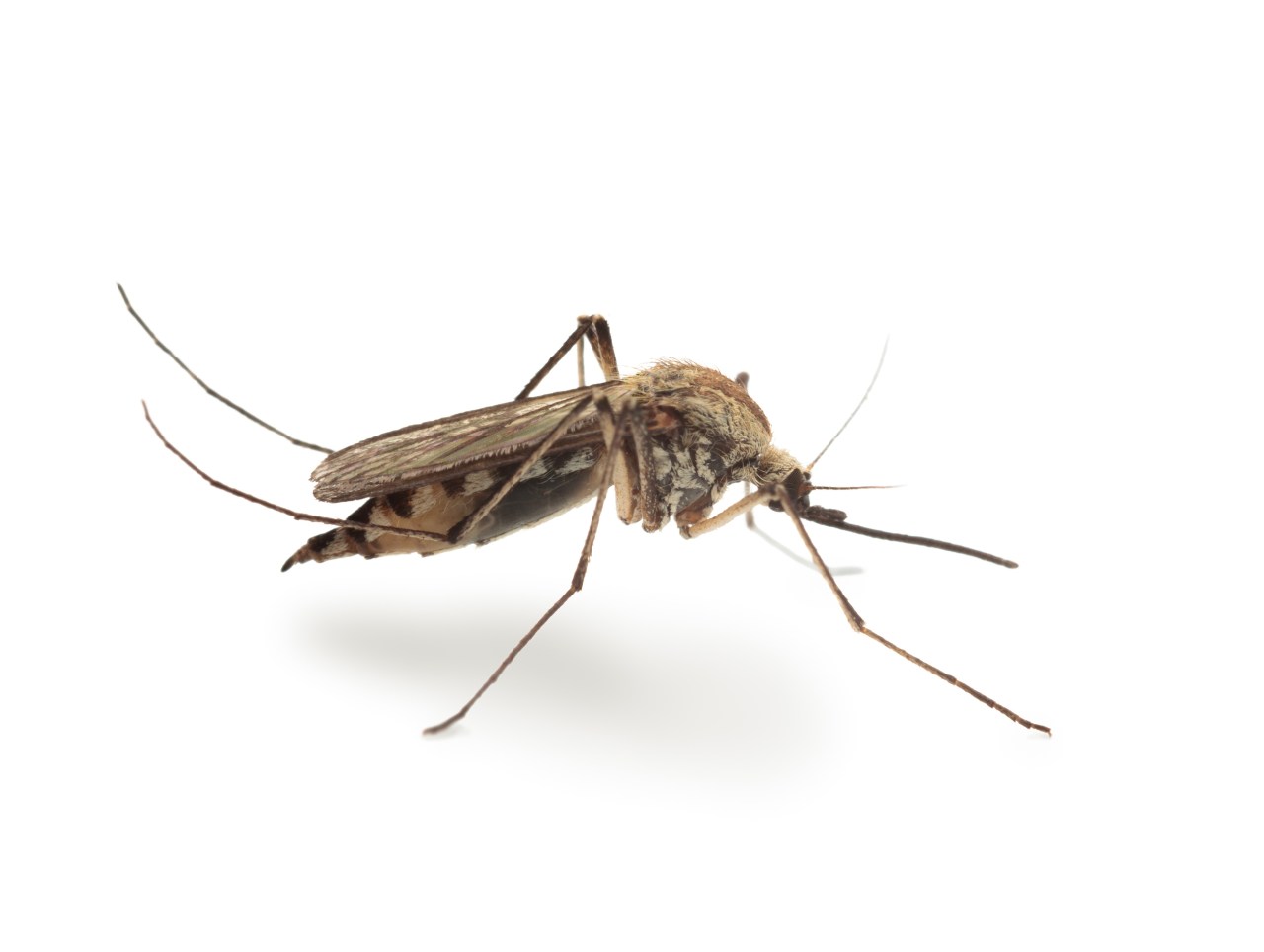Infection
New Mexico sees first human West Nile virus infections of 2023
NEW MEXICO (KRQE) – The New Mexico Department of Health (NMDOH) this week confirmed the first human West Nile virus infections of 2023. Both patients, one from Lea County and one from Sandoval County, were hospitalized and are recovering. One horse from Sierra County has also been diagnosed with West Nile virus.
West Nile virus is not uncommon in New Mexico. The virus often surfaces each year as mosquito season ramps up. New Mexico had 11 human infections of West Nile virus with 2 deaths in 2022, NMDOH said. West Nile virus is transmitted by mosquitos, and residents are encouraged to take measures to reduce their risk of infection.
How to help protect yourself from West Nile virus:
- Use an approved insect repellent every time you go outside and follow the instructions on the label. Among the EPA-approved repellents are those that contain DEET, picaridin, IR3535 and oil of lemon eucalyptus/para-menthane-diol.
- Eliminate water-holding containers where mosquitoes lay their eggs, such as old tires, empty cans, and other unneeded outdoor items that can hold water.
- Drain the water in birdbaths, wading pools, and saucers under potted plants weekly.
- Make sure rain barrels are tightly screened.
- Wear long sleeves and pants at dawn and dusk when mosquitoes are most active.
- Keep windows and doors closed if not screened. If you leave your house doors or windows open, make sure they have screens that fit tightly and have no holes.
Horse owners should vaccinate animals to protect them from West Nile virus and Western Equine Encephalitis, which is also carried by mosquitoes, NMDOH said.
Symptoms of the milder form of illness, West Nile fever:
- Headache
- Fever
- Muscle and joint aches
- Nausea
- Fatigue
People with West Nile fever typically recover on their own, although symptoms may last for weeks to months, according to NMDOH.
Symptoms of West Nile neuroinvasive disease:
Can include those of West Nile fever plus the following:
- Neck stiffness
- Stupor
- Disorientation
- Coma
- Tremors
- Convulsions
- Muscle weakness
- Paralysis
NMDOH notes that there are no medications to treat or vaccines to prevent West Nile virus infection in humans and that people ages 50 and older, and those with other health issues, are at highest risk of becoming seriously ill or dying when they become infected with the virus.
If you have symptoms and suspect West Nile virus infection, you should contact their healthcare provider. For more information about West Nile virus go to the NMDOH West Nile webpage.

